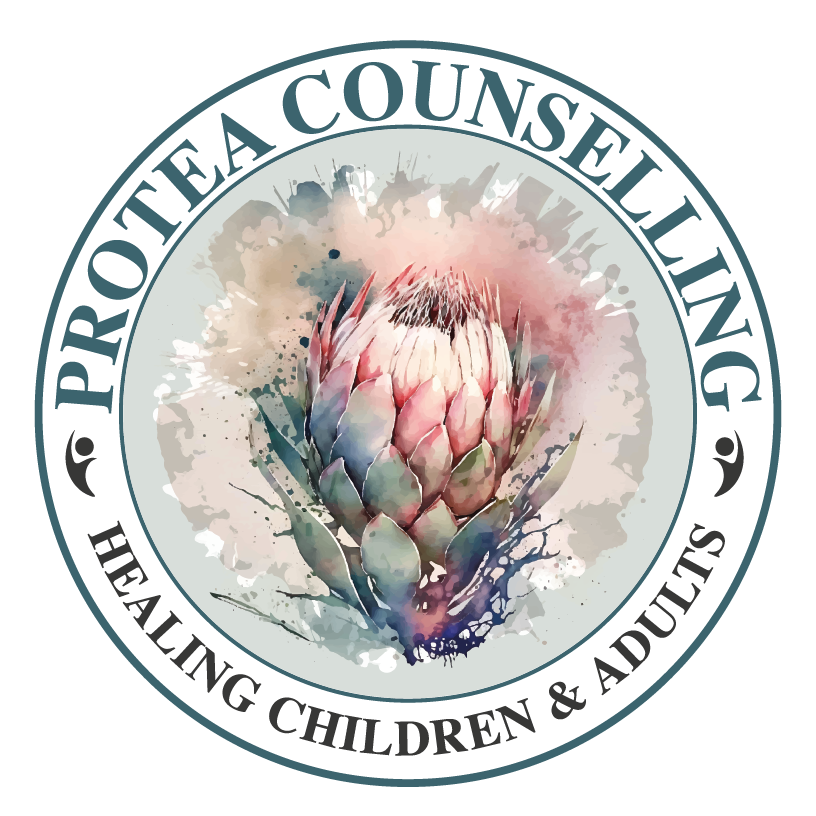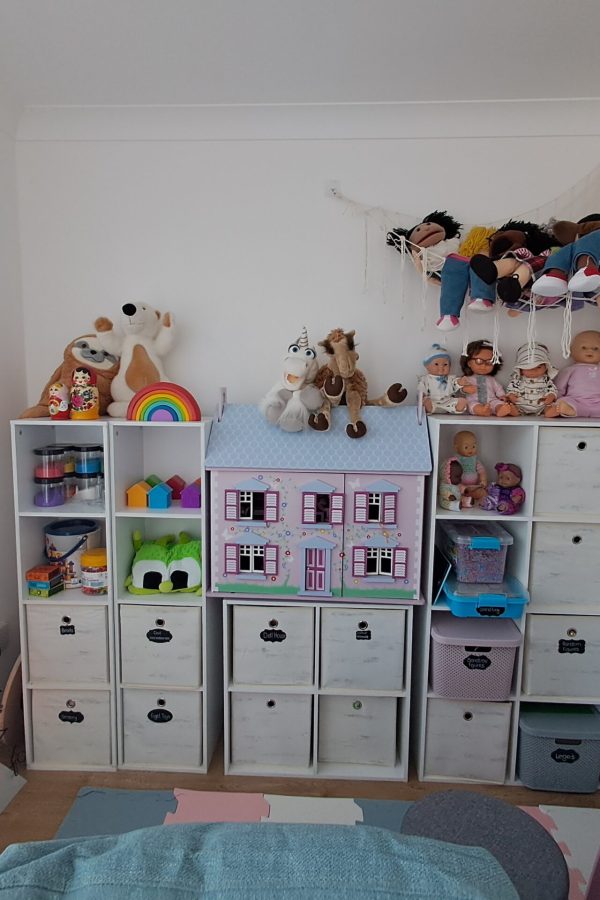When dealing with behavioural problems, identifying any related difficulties is essential and can give your child a better chance for the future. The treatment will depend on the severity of the situation and the child’s age and circumstances. It can include home-based support, such as parenting groups, school support, and specialist services, such as counselling. Additionally, there are support services available for parents and carers to help them cope with the challenges they may face.
Many children with behavioural problems find school difficult; therefore, classroom support may be valuable. I can contact the school to learn what services are available to the individual. They can give the child extra support in lessons or individual help to develop social skills. Having experience working with individuals with behavioural and neurodiverse concerns, I noticed the importance of understanding why individuals behave a certain way. Many of these children have been labelled as naughty and treated accordingly. Being able to understand certain behaviours and why an individual behaves this way can make a huge difference in being able to know how to support them. I can offer psychoeducation and work at discovering each “instruction manual.” The manual will be able to provide parents, carers, and educational settings with the information they need to support them correctly in each setting. These instruction manuals have significantly impacted many children, especially those struggling academically.
I can signpost you to the correct professional support if you are concerned about your child’s health and behaviour. For example, visit your GP for advice, who may be able to refer you to the local child and adolescent mental health services (CAMHS). Specialists in child behaviour and health can help assess the behaviour and suggest ways to improve.
Using my experience working in the national health service, I can assess the child’s presentation; if there are any undiagnosed neurodiversity that needs to be investigated, I can complete the necessary screenings and write medical reports with my assessment findings and recommendations.
I can provide counselling, allowing you and your child to talk about what’s going on without fear of judgment. The treatment methods can include talking, using different modalities, playing, and using creativity, which can support your child, providing them with tools for them to be able to express their feelings and learn how to cope and manage to regulate their emotions, mood and anxiety.




